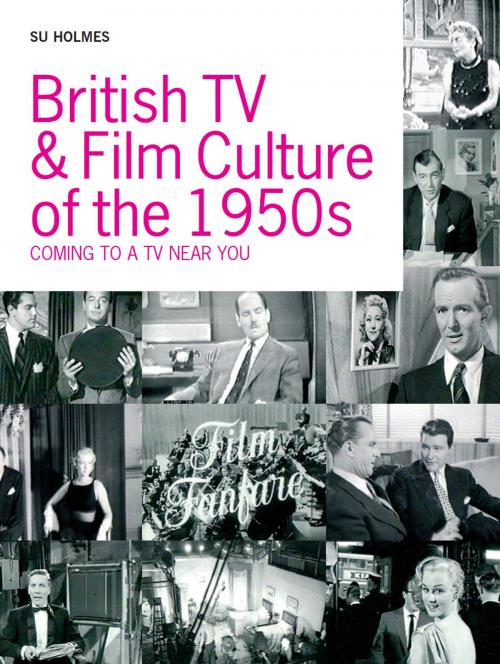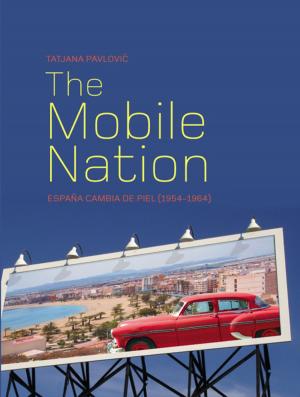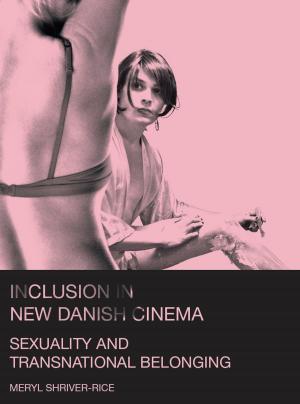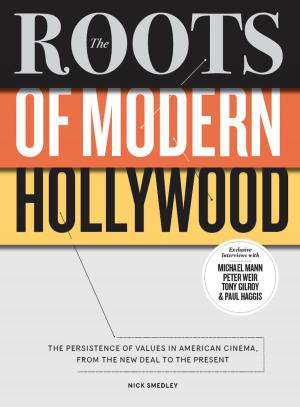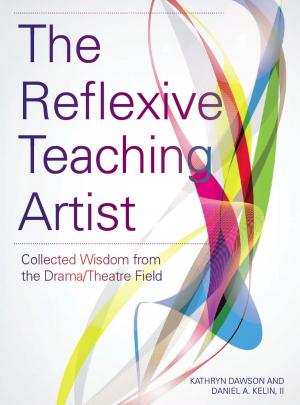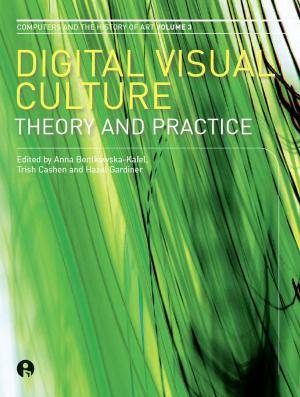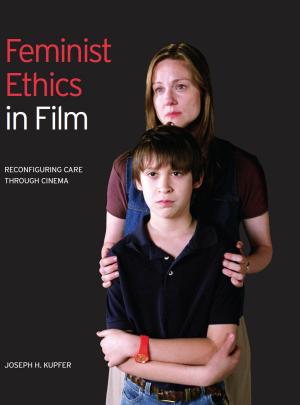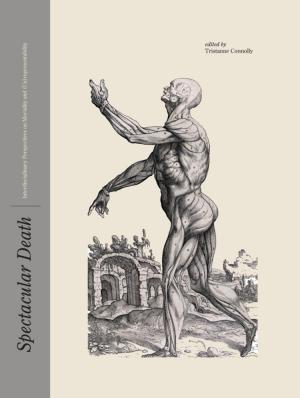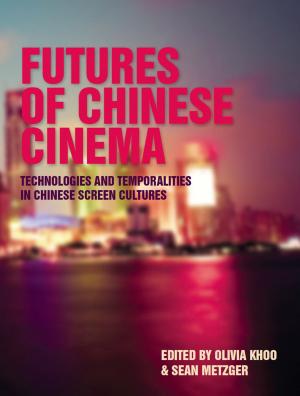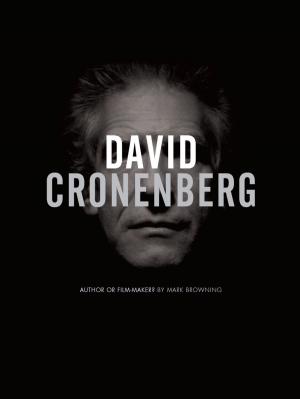British TV and Film Culture in the 1950s
Coming to a TV Near You
Business & Finance, Human Resources & Personnel Management, Skills, Nonfiction, Entertainment, Performing Arts| Author: | Su Holmes | ISBN: | 9781841509211 |
| Publisher: | Intellect Books Ltd | Publication: | April 1, 2005 |
| Imprint: | Intellect | Language: | English |
| Author: | Su Holmes |
| ISBN: | 9781841509211 |
| Publisher: | Intellect Books Ltd |
| Publication: | April 1, 2005 |
| Imprint: | Intellect |
| Language: | English |
This book focuses on the emerging historical relations between British television and film culture in the 1950s. Drawing upon archival research, it does this by exploring the development of the early cinema programme on television - principally Current Release (BBC, 1952-3), Picture Parade (BBC, 1956) and Film Fanfare (ABC, 1956-7) - and argues that it was these texts which played the central role in the developing relations between the media. Particularly when it comes to Britain, the early co-existence of television and cinema has been seen as hostile and antagonistic, but in situating these programmes within the contexts of their institutional production, aesthetic construction and reception, the book aims to ‘reconstruct’ television’s coverage of the cinema as crucial to the fabric of British film and television culture at the time. It demonstrates how the roles of cinema and television - as media industries and cultural forms, but crucially as sites of screen entertainment - effectively came together at this time in such a way that is unique to this decade.
This book focuses on the emerging historical relations between British television and film culture in the 1950s. Drawing upon archival research, it does this by exploring the development of the early cinema programme on television - principally Current Release (BBC, 1952-3), Picture Parade (BBC, 1956) and Film Fanfare (ABC, 1956-7) - and argues that it was these texts which played the central role in the developing relations between the media. Particularly when it comes to Britain, the early co-existence of television and cinema has been seen as hostile and antagonistic, but in situating these programmes within the contexts of their institutional production, aesthetic construction and reception, the book aims to ‘reconstruct’ television’s coverage of the cinema as crucial to the fabric of British film and television culture at the time. It demonstrates how the roles of cinema and television - as media industries and cultural forms, but crucially as sites of screen entertainment - effectively came together at this time in such a way that is unique to this decade.
